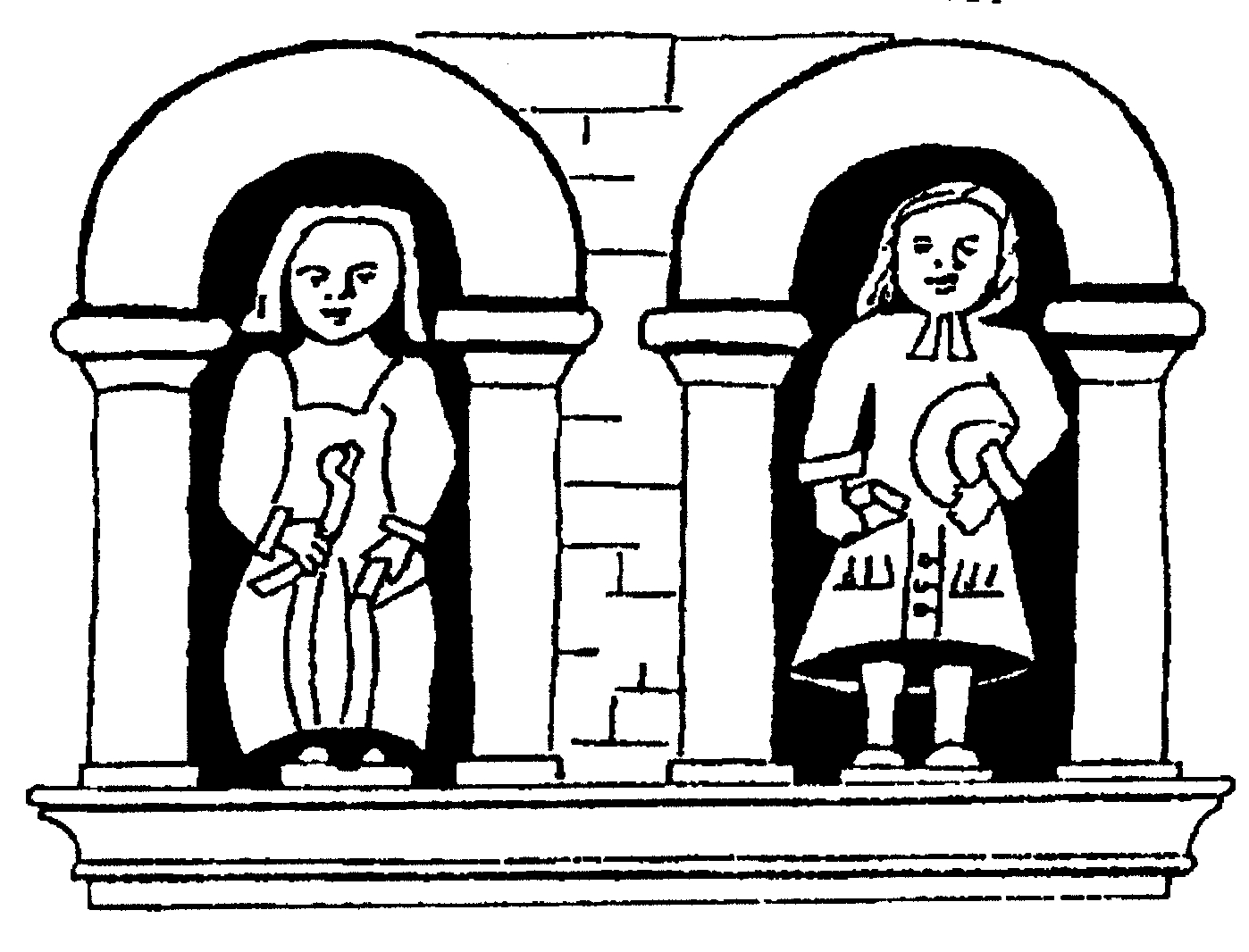Music
Music
Curriculum Intent
At Burrough Green CofE Primary School, our school vision is for all members of our school to be the very best we can be to meet the National Curriculum requirements for music.
Our aim is to ensure that all children:
- Perform, listen to, review, and evaluate music
- Be taught to sing, create, and compose music
- Understand and explore how music is created, produced, and communicated
Music education offers young people the chance to understand, perform and create in an aural dimension that often sits outside our capacity to describe in words. For many pupils, the music they love will be part of the narrative of their lives and bring colour to the experiences that shape them. At Burrough Green, children gain a firm understanding of what music is through listening, singing, playing, evaluating, analysing, and composing across a wide variety of historical periods, styles, traditions, and musical genres. Our curriculum is deliberately ambitious for all pupils, including those with SEND.
We are committed to developing a curiosity for the subject, as well as understanding and acceptance of the validity and importance of all types of music, and an unbiased respect for the role that music may wish to be expressed in any person’s life. We are committed to ensuring children understand the value and importance of music in the wider community and are able to use their musical skills, knowledge, and experiences to involve themselves in music, in a variety of different contexts.
Curriculum Implementation
At Burrough Green CofE Primary School, we pride ourselves on the consistent approach to teaching and learning that can be observed across all phases of school. This is achieved through our commitment to quality first teaching on a daily basis. Expectations of staff and pupils are high, resulting in good or outstanding progress in all phases. There is a universal understanding of what the best teaching, learning and assessment should entail. These strategies are consistently used throughout the school, and it is the expectation of leadership that all lessons will include a variety of these to enable all learners to reach their full potential. Active learning is essential in all aspects of the lesson. All staff use the same terminology, so learners develop a knowledge and understanding of the different ways they learn.
At Burrough Green, we believe quality first teaching in music should include:
- Challenge for all
- Collaborative learning
- Assessment for learning
- Questioning
- Progression within lessons and books
- Learning behaviours
The music curriculum ensures children sing, listen, play, perform and evaluate. This is embedded in the classroom activities as well as the twice-weekly singing assemblies, various concerts and performances.
Music tuition is available at a reasonable cost.
Class teachers will use the Charanga programme to deliver music lessons.
The elements of music are taught in the classroom lessons so that children are able to use some of the language of music to dissect it, and understand how it is made, played, appreciated and analysed. Composing or performing using body percussion and vocal sounds is also part of the curriculum, which develops the understanding of musical elements without the added complexity of an instrument.
Progress in music requires pupils to develop musically across 3 distinct strands:
- The first strand is the ‘technical’ development necessary for pupils to translate their intentions successfully into sound. This will often involve instrumental playing or singing but, if the resources are available, may also focus on music technology.
- The second strand is ‘construction’. This refers to knowledge of how musical components come together both analytically and in the creative process.
- The third strand, the ‘expression’. This is focused on the more indefinable aspects of music: quality, meaning and creativity.
The practical nature of music ensures that the curriculum is accessible for all children, they are able to access all lessons at a level suited to their needs.
Pupils with SEND will be planned for accordingly:
- Breaking down tasks
- Reducing the burden on working memory
- The use of appropriate supportive routines
- Combining learning modes to enhance clarity/accessibility
- Adapting materials to ensure a good but achievable level of challenge
The implications for teachers here are that pupils need high-quality curricular resources that can be reasonably adjusted so that their access to the curriculum gives them the best chance for success.
Music Curriculum Impact
Whilst in school, children have access to a varied programme, which allows them to discover areas of strength, as well as areas they might like to improve upon. Music helps children to develop skills such as:
- Self-confidence
- Interaction with and awareness of others
- Self-reflection
Music benefits children, research shows, by improving concentration, literacy, memory, academic achievements, general creativity, and wider transferable skills.
Music will also develop an understanding of culture and history, both in relation to children individually and ethnicities from across the world.
The opportunities for children to learn an instrument and perform will build children’s confidence, self-esteem, and teamwork.
